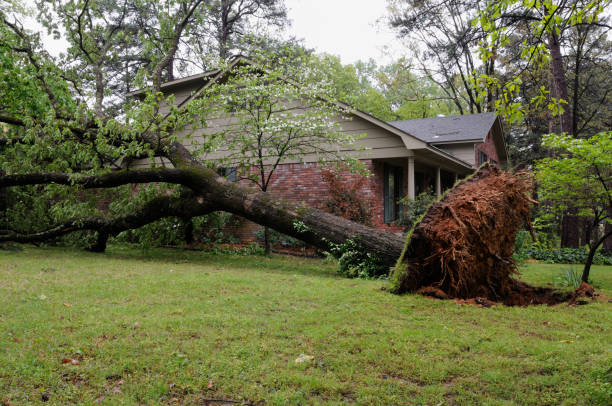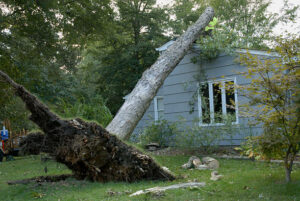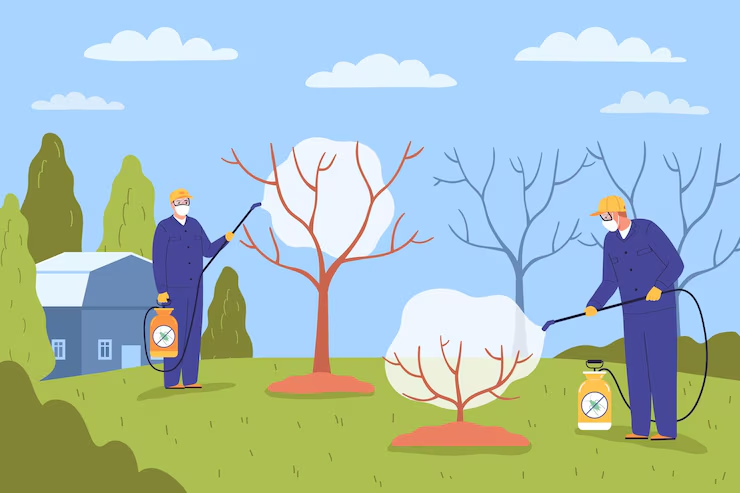How to Choose the Best Tree Service Provider
Choosing the right tree service provider isn’t just about getting the job done—it’s about ensuring safety, professionalism, and value for your money. With so many options out there, how do you know which company to trust? Here’s a no-nonsense guide to help you make the right choice.
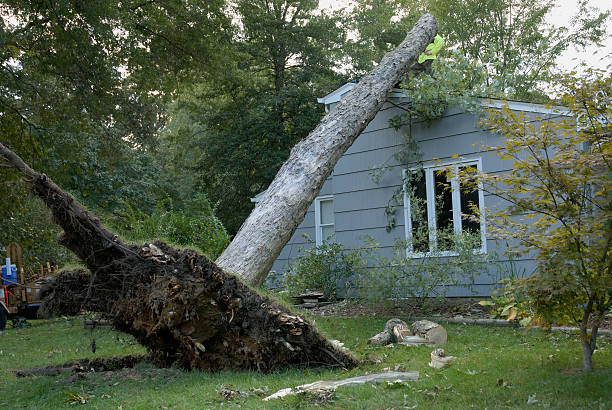
1. Verify Licensing, Insurance, and Certifications
Before hiring a tree service provider, ensure they have:
- Proper Licensing: A company should have the necessary state or local licenses to operate legally.
- Insurance Coverage: They must have liability insurance and workers’ compensation to protect you from financial responsibility in case of accidents or damages.
- Certifications: Look for credentials from the International Society of Arboriculture (ISA) or the Tree Care Industry Association (TCIA)—this ensures they follow industry best practices.
Red flag: If a company can’t provide proof of insurance, walk away.
2. Check Experience and Reputation
Experience matters when it comes to tree services. Here’s how to vet a company’s reputation:
- Years in Business: Companies with a long track record are more likely to provide quality services.
- Customer Reviews: Read testimonials on Google, Yelp, Angi, and the Better Business Bureau (BBB).
- References: Ask for a list of previous clients and follow up to verify the quality of work.
Pro tip: A company with consistent five-star reviews and no complaints on BBB is a good sign.
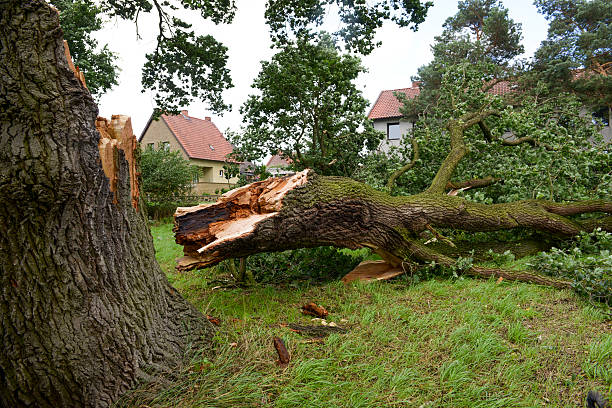
3. Compare Estimates and Pricing
Price shopping? Don’t just go for the cheapest quote. Here’s how to assess pricing:
- Get Multiple Quotes: Request written estimates from at least three providers.
- Look for Transparency: A quote should detail all services, including tree removal, stump grinding, debris cleanup, and permits (if needed).
- Avoid Too-Good-To-Be-True Deals: Extremely low prices may indicate hidden fees, lack of insurance, or poor-quality work.
Key insight: The cheapest option could cost you more in the long run due to incomplete or unsafe work.
4. Assess Safety Practices and Equipment
Tree work is dangerous—hiring a company that prioritizes safety is non-negotiable.
- OSHA Compliance: Ensure they follow Occupational Safety and Health Administration (OSHA) guidelines.
- Protective Gear: Crews should wear helmets, safety glasses, and climbing harnesses.
- Quality Equipment: Look for companies that use bucket trucks, cranes, and professional-grade chainsaws.
Warning: If workers show up in regular clothes with no safety gear, it’s a sign of unprofessionalism.
5. Understand the Range of Services Offered
Not all tree service providers offer the same solutions. Ensure they provide:
- Tree Trimming & Pruning – Enhances tree health and appearance.
- Tree Removal – Necessary for dead, diseased, or hazardous trees.
- Stump Grinding & Removal – Prevents regrowth and clears the landscape.
- Emergency Tree Services – Available 24/7 for storm damage cleanup.
- Disease Treatment & Pest Control – Helps maintain tree health.
Pro tip: If you need permits for tree removal, ensure the company handles that process for you.
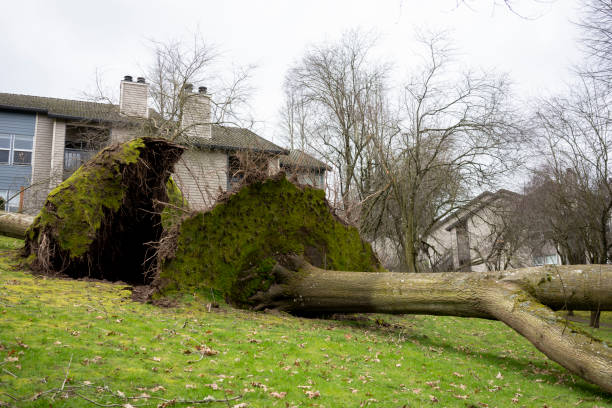
6. Evaluate Customer Service and Responsiveness
A reliable tree service provider should:
- Respond quickly to inquiries and provide clear communication.
- Arrive on time for estimates and answer all your questions.
- Be professional, courteous, and transparent about the process.
Rule of thumb: If a company ignores your calls or emails before hiring, expect the same level of service during the job.
7. Look for Work Guarantees and Contracts
A reputable company should provide:
- Written Contracts: Outlining services, costs, completion time, and guarantees.
- Service Guarantees: Some offer warranties to ensure satisfaction.
- No Upfront Payments: Avoid companies that demand full payment before work begins.
Final Thought: If it’s not in writing, it doesn’t exist. Always get everything documented.
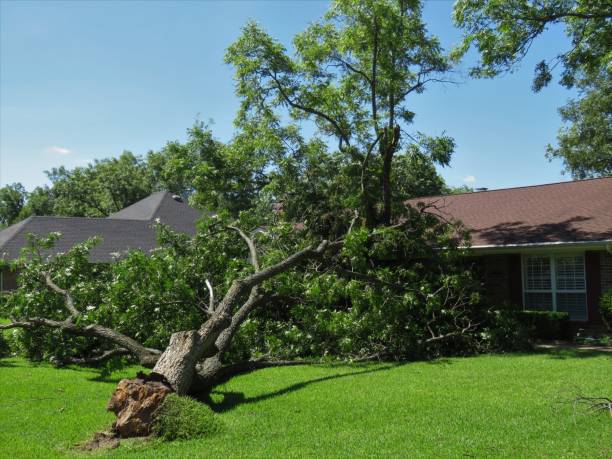
FAQs
How do I know if a tree service company is legit?
Check for a business license, insurance, and industry certifications like ISA or TCIA. Read online reviews and ask for references.
What should I ask before hiring a tree service provider?
- Are you licensed and insured?
- Do you have references?
- What safety measures do you follow?
- Do you provide a written estimate?
- Who will handle cleanup and debris removal?
Why is insurance important for tree services?
Tree work is risky. Without insurance, you could be held liable for accidents or property damage.
What’s the average cost of tree removal?
Tree removal costs vary based on size, location, and complexity. Expect to pay $300 to $3,000. Always get multiple quotes.
Should I hire a certified arborist?
Yes! ISA-certified arborists have specialized training in tree health and safety.
Internal Links
- Tree Removal Services in Arlington
- Tree Removal Services in Keller
- Tree Removal Services in Fort Worth
- Tree Trimming and Pruning
- Emergency Tree Services
External Resources
Final Thoughts
Choosing the right tree service provider isn’t just about price—it’s about expertise, safety, and trust. Follow these steps, do your research, and hire a company that delivers quality work with professionalism.
When in doubt, always go for experience, proper credentials, and great customer feedback. Your trees (and your wallet) will thank you later!

